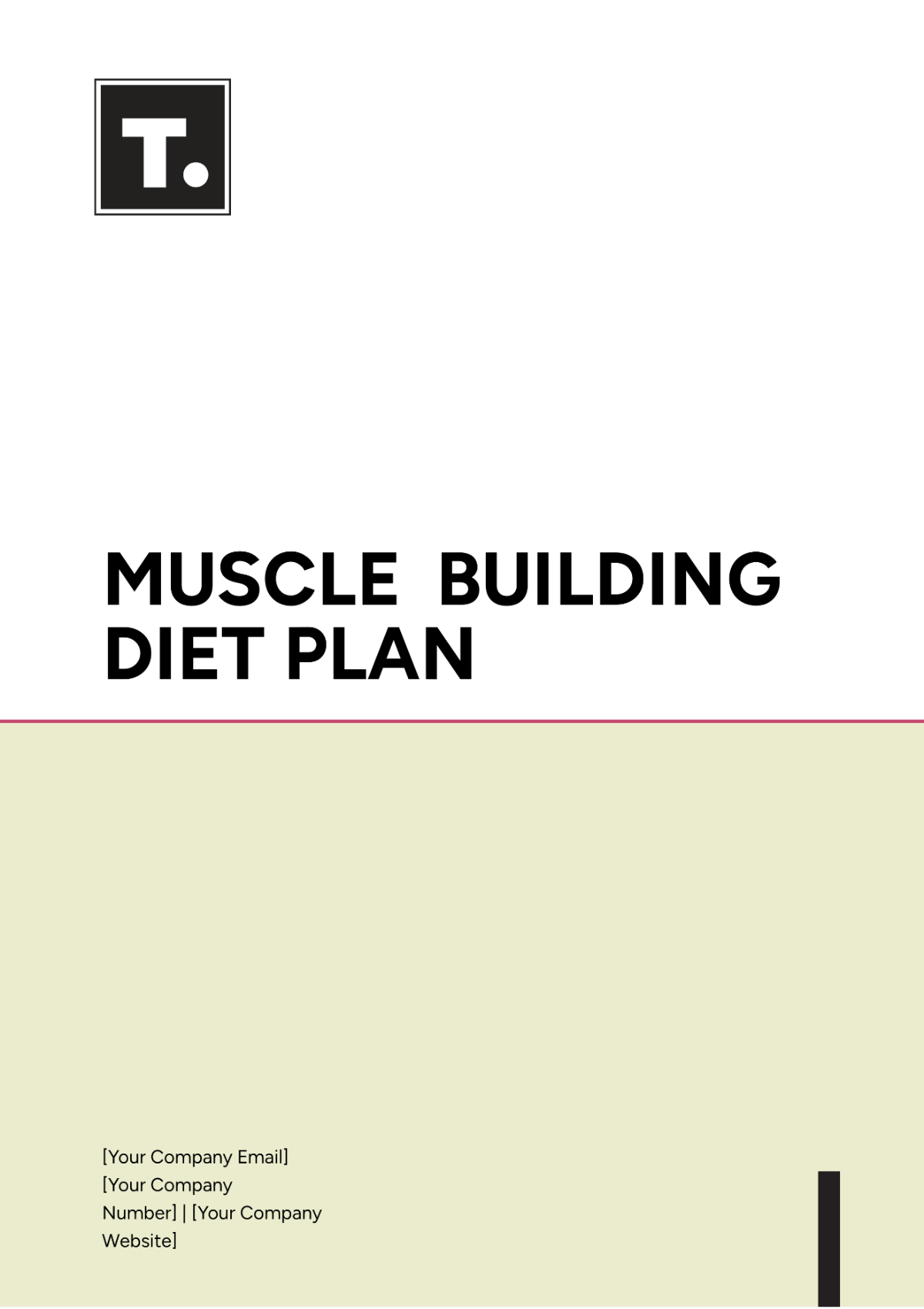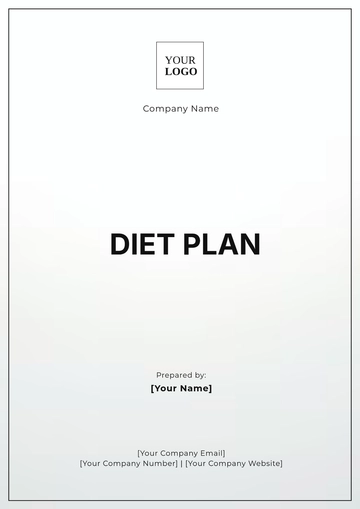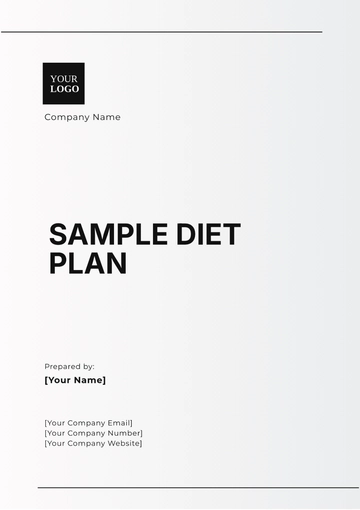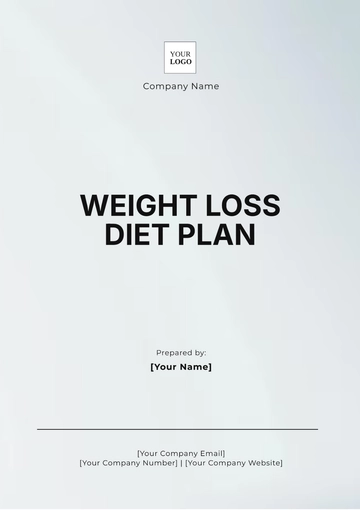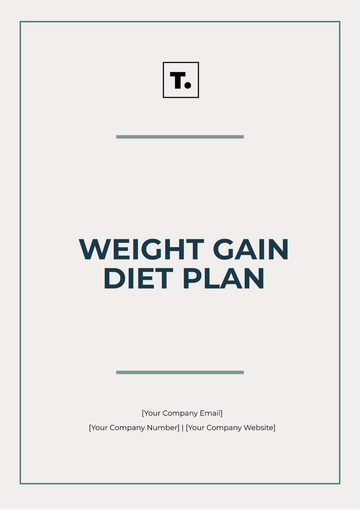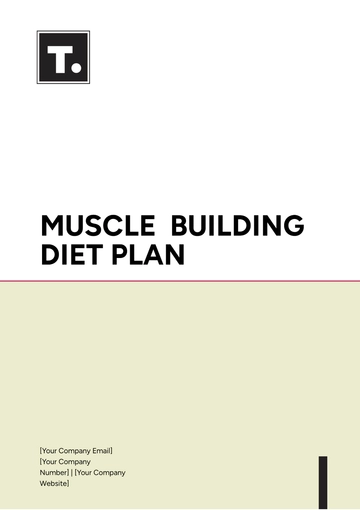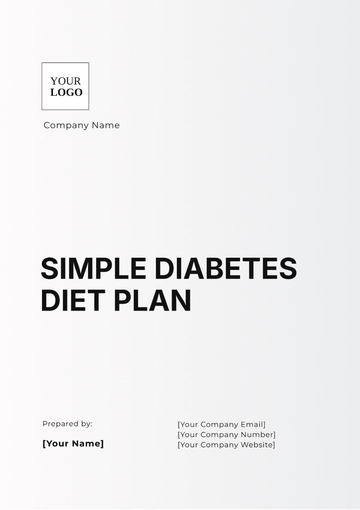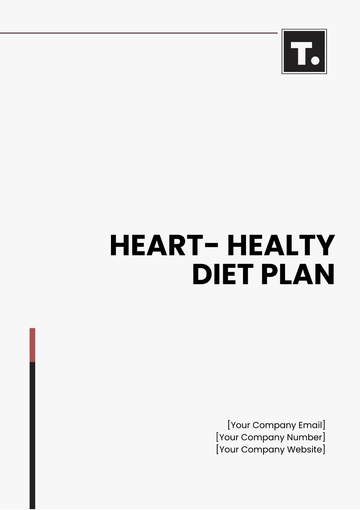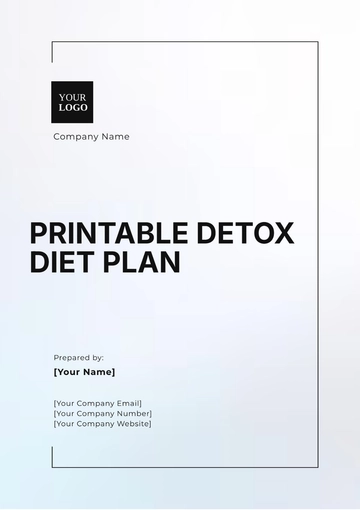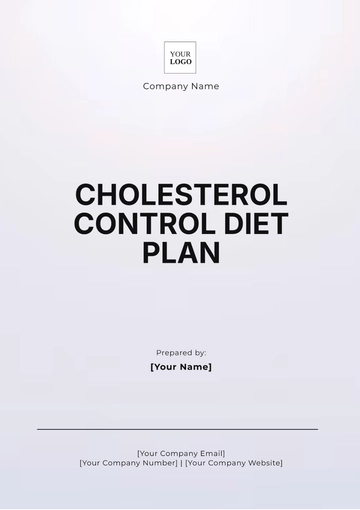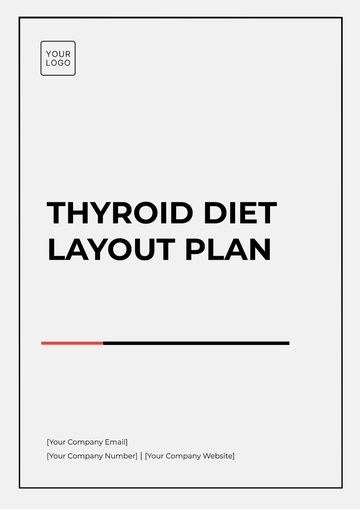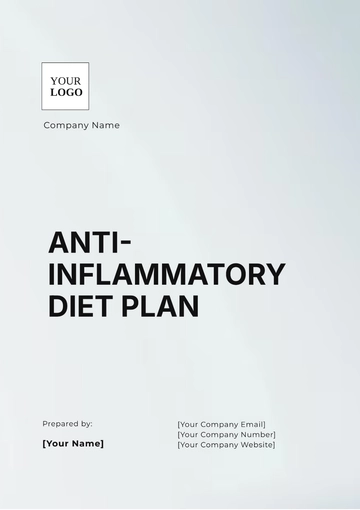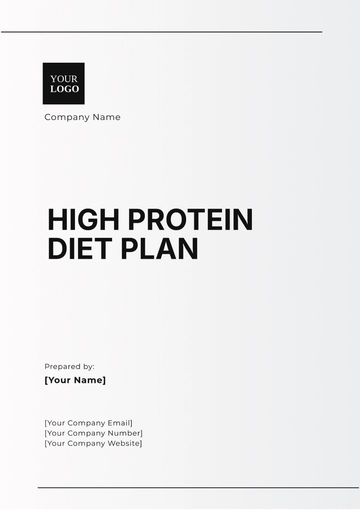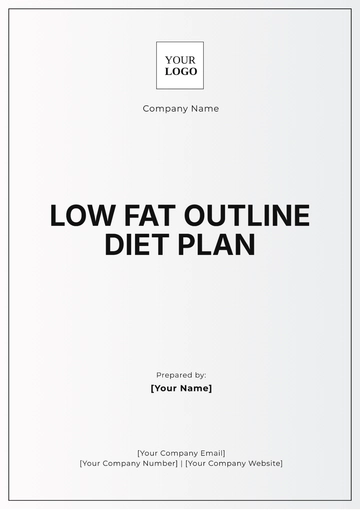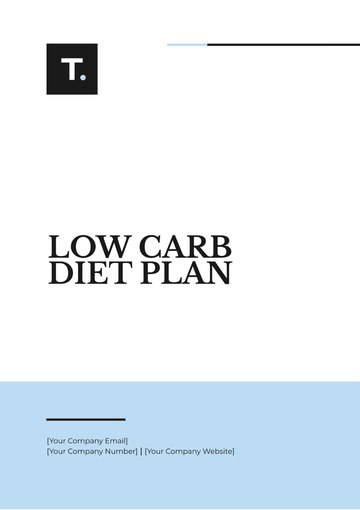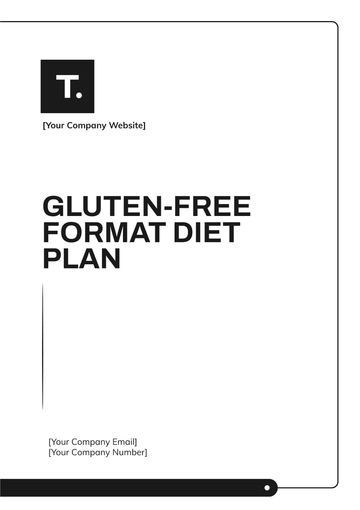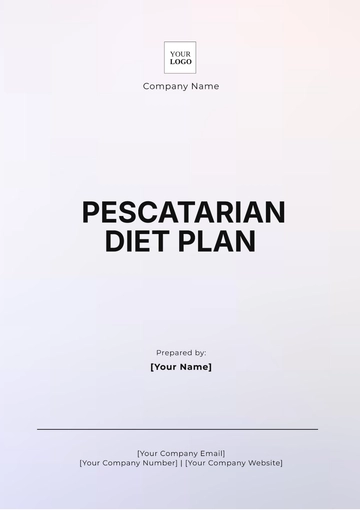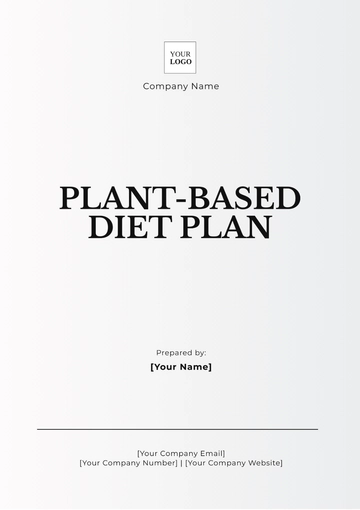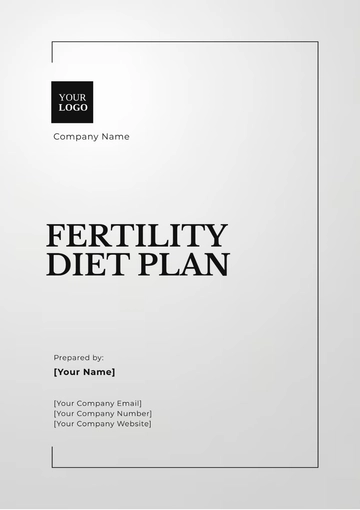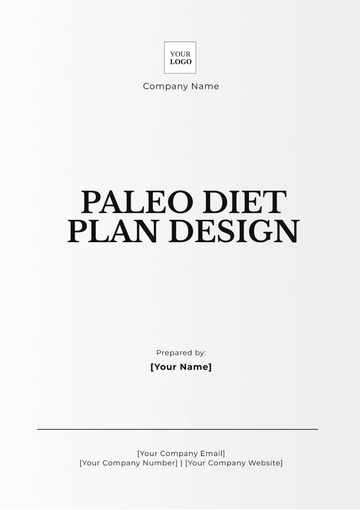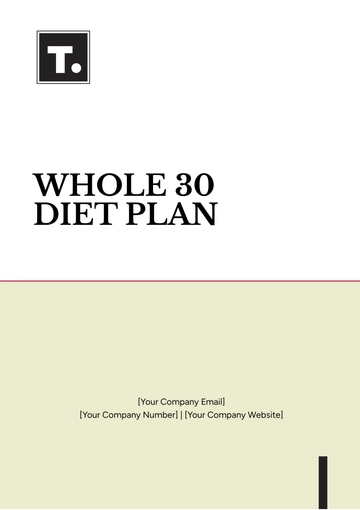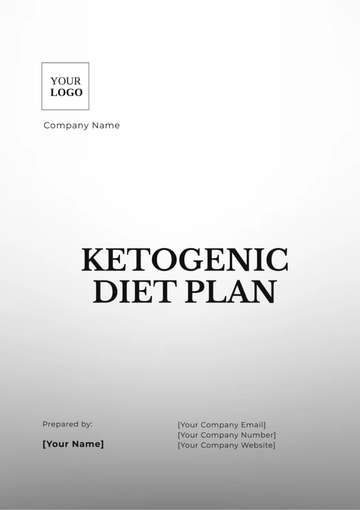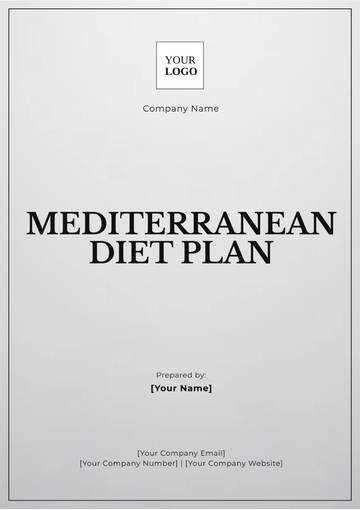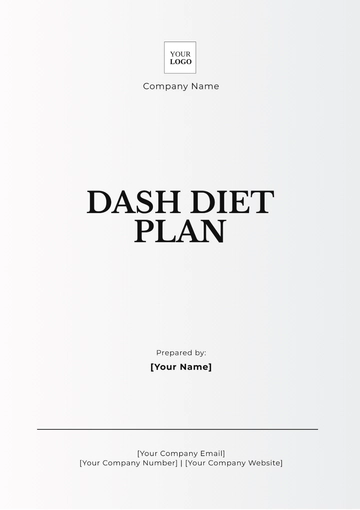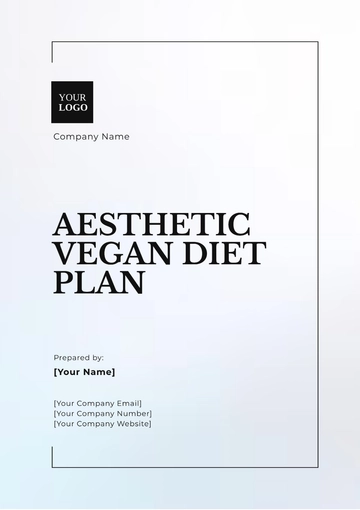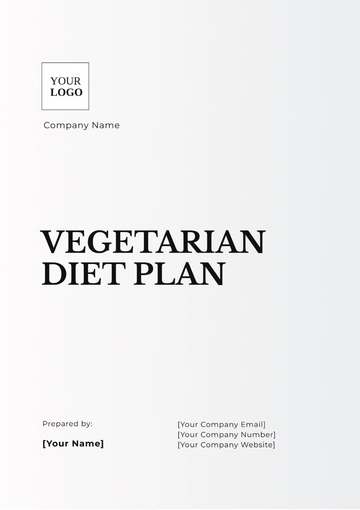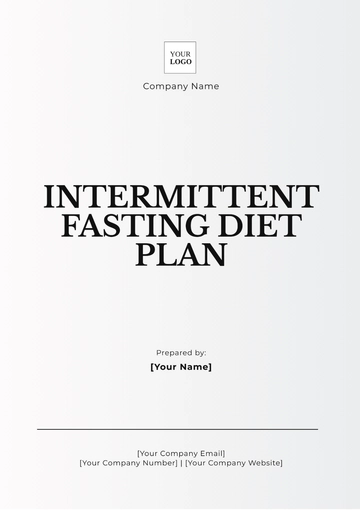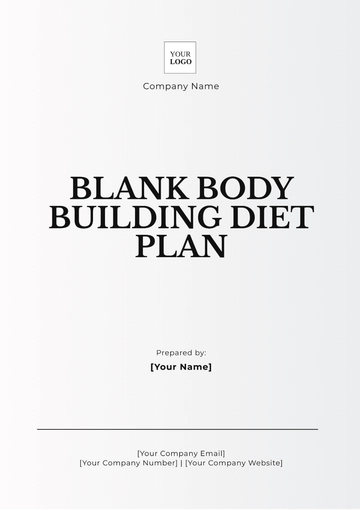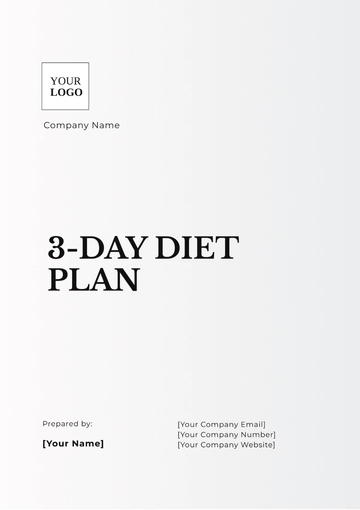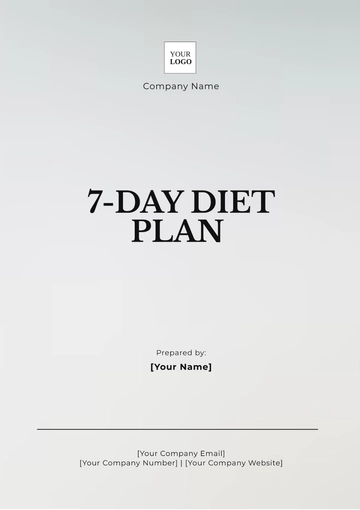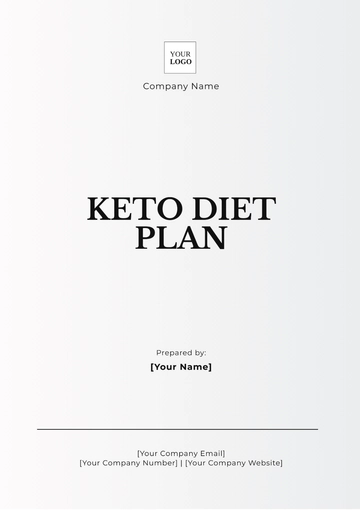Muscle Building Diet Plan
I. Introduction
Building muscle requires a comprehensive diet plan that focuses on balanced nutrition, adequate caloric intake, and proper macronutrient distribution. This guide provides a detailed plan for individuals aiming to increase muscle mass, supported by scientific literature.
II. Daily Caloric Intake
To build muscle, you need to consume more calories than you burn. Typically, aim for a caloric surplus of around 250-500 calories per day.
1. Calculating Basal Metabolic Rate (BMR)
Use the Harris-Benedict formula to estimate your BMR:
Add the BMR to the number of calories burned through physical activity to determine total daily energy expenditure (TDEE). Add 250-500 calories to the TDEE for muscle gain.
III. Macronutrient Distribution
Proper macronutrient distribution is essential for muscle growth. Follow these guidelines:
1. Protein
Consume 1.6 to 2.2 grams of protein per kilogram of body weight daily.
Weight (kg) | Protein Intake (g/day) |
|---|
70 | 112 - 154 |
80 | 128 - 176 |
90 | 144 - 198 |
2. Carbohydrates
Carbohydrates are essential for fueling workouts. Consume 3-5 grams of carbs per kilogram of body weight daily.
3. Fats
Healthy fats support hormone production. Consume 0.5–1 gram of fat per kilogram of body weight daily.
IV. Meal Planning
Distribute meals evenly throughout the day, focusing on nutritional timing to optimize muscle growth and recovery.
1. Pre-Workout Meal
Proteins: 20-30g
Carbs: 40-60g
Fats: 5-10g
2. Post-Workout Meal
Consume within 30 minutes of exercising:
Proteins: 20-40g
Carbs: 40-60g
Minimal fats
3. Sample Daily Meal Plan
Example for a 75 kg individual:
Meal | Food | Calories | Proteins | Carbs | Fats |
|---|
Breakfast | Omelette with spinach and whole-grain toast | 400 | 30g | 30g | 15g |
Snack | Greek yogurt with berries | 200 | 15g | 25g | 5g |
Lunch | Grilled chicken, quinoa, and vegetables | 500 | 40g | 50g | 10g |
Dinner | Salmon, sweet potato, and asparagus | 600 | 35g | 50g | 25g |
Post-Workout | Protein shake with banana | 300 | 25g | 45g | 1g |
V. Supplementation
While whole foods should be the primary source of nutrients, supplements can help meet nutritional needs.
1. Protein Supplements
Whey or plant-based protein powders can help meet daily protein requirements.
2. Creatine
Creatine monohydrate is one of the most effective supplements for increasing muscle mass and strength.
3. Multivitamins
Consider a high-quality multivitamin to cover any nutritional gaps.
VI. Hydration
Adequate hydration is crucial for muscle function and recovery. Aim for at least 3-4 liters of water per day.
VII. Conclusion
Adhering to a muscle-building diet involves consuming the right amount of calories and macronutrients, timing your meals properly, and considering supplementation where necessary. Consistency and dedication are key to achieving muscle growth.
Plan Templates @ Template.net
